Giving back to the community and advancing science go hand in hand
Donovan Argueta’s scientific curiosity was kindled by movies.
“Funny enough, my interest in science came from just watching science fiction movies, things like ‘Jurassic Park’ and ‘Star Wars,’” he said. “Things where technology just seemed to be so fantastical that you could do anything.”
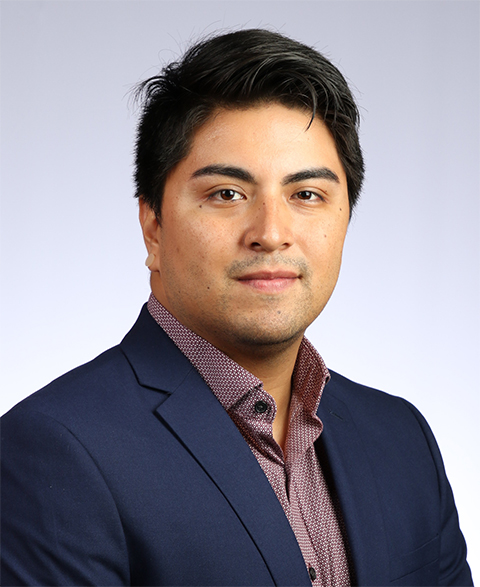
Argueta’s mother recognized and nurtured his sense of wonder, setting him on the path to a career in science.
“She got me my first microscope,” he said. “Even when I was maybe five or six, just being able to have this scientific tool, go grab things from the front yard or from the park, look at them under a microscope and see what was going on was just really fascinating to me.”
These early experiences propelled him toward his decision to get involved in research as an undergraduate at California Lutheran University. While earning his bachelor’s degree in bioengineering, Argueta worked with Craig Reinhart, gaining experience in biomimetic design. Based on a mouse maze-running model, Argueta worked on training a robot to navigate a maze using sensors and pseudo–artificial intelligence.
Argueta believes in supporting equity in higher education. While he was still an undergraduate, he worked with the federal TRIO program, Upward Bound, tutoring underrepresented, first-generation and low-income high school students who were taking summer college courses. He also helped the high schoolers prepare for college life as a resident adviser, for example by familiarizing them with important on-campus resources such as the financial aid office.
Argueta became the first Ph.D. student in Nicholas DiPatrizio’s new lab at the University of California, Riverside, where his research focused on the role of the endocannabinoid system in diet-induced obesity. His earlier work had been more focused on electronics and hardware than biology, and change was a welcome challenge.
“It gave me the opportunity to not just learn a new field, but also to see what goes into starting a lab from scratch,” he said. “I remember one of my first assignments was just to set up a lab cart. ... Starting from that task all the way up to completing the Ph.D. defense was a pretty wild ride.”
Although his lab work was demanding, Argueta continued to make time to teach and guide fellow students. While earning his Ph.D. in bioengineering, he worked as a peer mentor and helped first-year Ph.D. students from a variety of backgrounds to transition into graduate school. His guidance ranged from giving advice on choosing rotation labs to helping an international student navigate the process of buying a car.
Argueta has carried his commitment to mentorship into his postdoctoral training. After joining Kalpna Gupta’s lab at the University of California, Irvine, he successfully applied for the Maximizing Opportunities for Scientific and Academic Independent Careers, or MOSAIC, program, which provides individualized coaching, networking and presentation opportunities to recipients of K99/R00 awards from the National Institutes of Health. His project, “Nutrition-based interventions to ameliorate pain in sickle cell disease.” explores the potential for energy-dense diets enriched with protein and omega-3 fatty acids to reduce pain and improve quality of life for people living with sickle cell disease.
Argueta looks forward to taking full advantage of the support provided by this grant to transition into independence and continue teaching young scientists. Asked what he would say to aspiring researchers, he emphasized the importance of finding supportive mentors.
“I think finding people who can support you while also giving you the space to expand is the most important thing,” he said. “Find a good team of people that are like-minded in terms of wanting to advance science and jump in with an open mind.”
Enjoy reading ASBMB Today?
Become a member to receive the print edition four times a year and the digital edition monthly.
Learn moreGet the latest from ASBMB Today
Enter your email address, and we’ll send you a weekly email with recent articles, interviews and more.
Latest in People
People highlights or most popular articles

Building a stronger future for research funding
Hear from Eric Gascho of the Coalition for Health Funding about federal public health investments, the value of collaboration and how scientists can help shape the future of research funding.
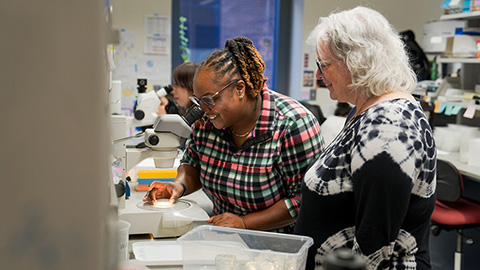
Fueling healthier aging, connecting metabolism stress and time
Biochemist Melanie McReynolds investigates how metabolism and stress shape the aging process. Her research on NAD+, a molecule central to cellular energy, reveals how maintaining its balance could promote healthier, longer lives.
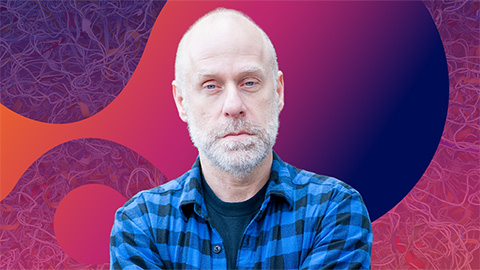
Mapping proteins, one side chain at a time
Roland Dunbrack Jr. will receive the ASBMB DeLano Award for Computational Biosciences at the ASBMB Annual Meeting, March 7–10, just outside of Washington, D.C.

2026 voter guide
Learn about the candidates running for Treasurer-elect, Councilor and Nominating Committee.
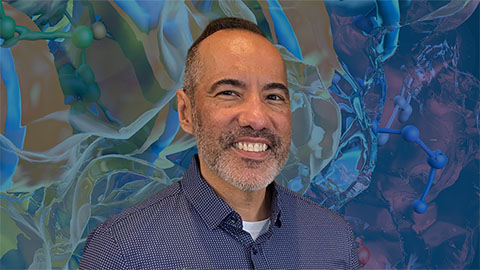
Meet the editor-in-chief of ASBMB’s new journal, IBMB
Benjamin Garcia will head ASBMB’s new journal, Insights in Biochemistry and Molecular Biology, which will launch in early 2026.
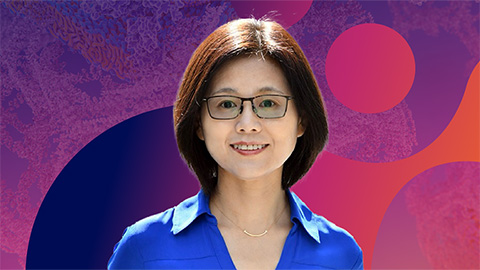
Exploring the link between lipids and longevity
Meng Wang will present her work on metabolism and aging at the ASBMB Annual Meeting, March 7-10, just outside of Washington, D.C.

